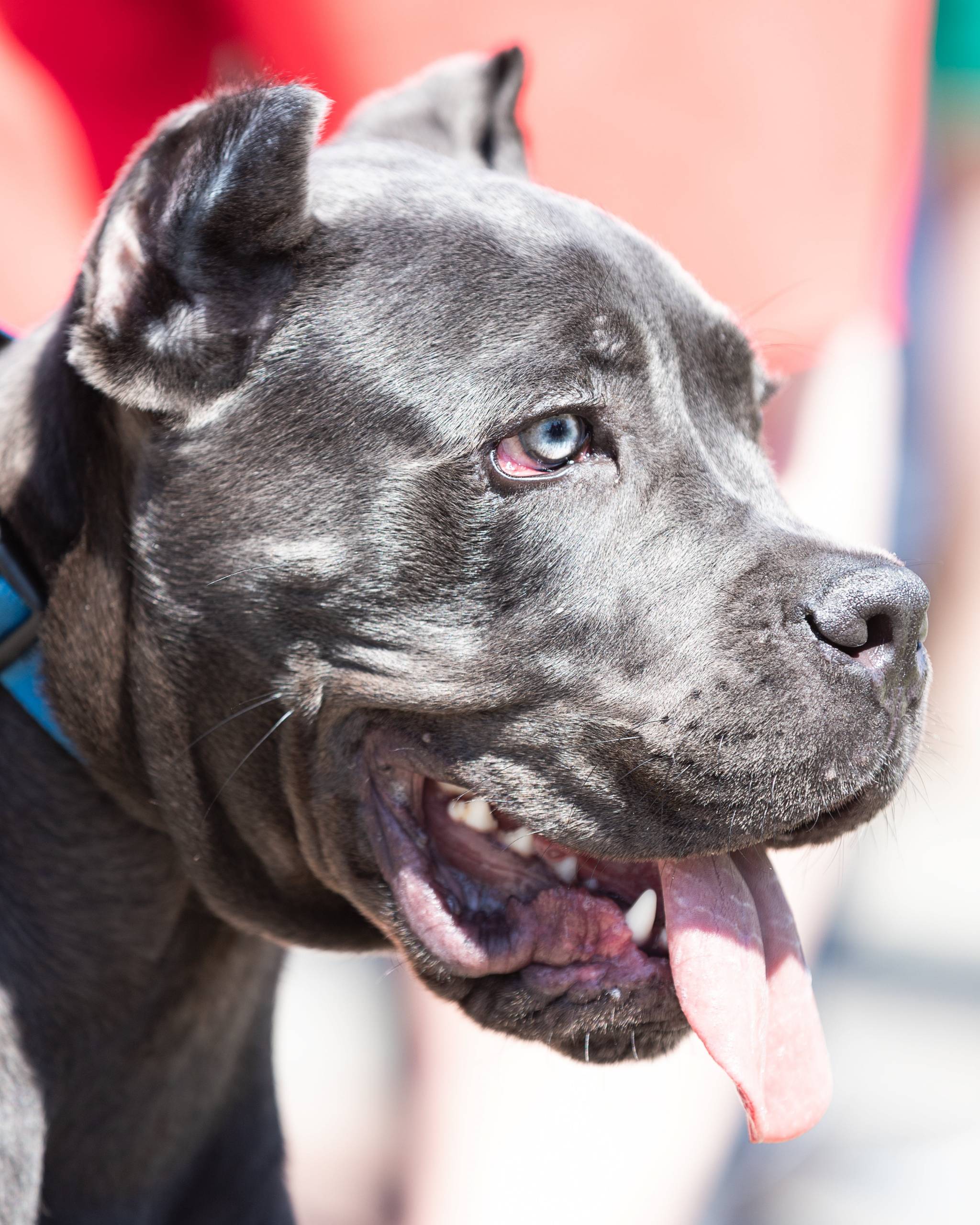
The Puppy Stage
When we bring a puppy into our lives, it’s an exciting time filled with boundless energy and curiosity. Puppies grow rapidly during their first year, both physically and mentally. Just like human babies, they need plenty of sleep, a nutritious diet, and lots of love and attention. It’s important to provide a safe environment for them to explore, learn, and socialize with other dogs and humans. During the puppy stage, proper training and socialization lay the foundation for well-adjusted adult dogs.
Young Adulthood
As puppies mature into young adults, typically between the ages of 1 to 3 years, they reach their physical prime. Their energy levels remain high, and they are often at their most active. This is the time when they require regular exercise, mental stimulation, and continued training to channel their energy positively. It’s essential to maintain a balanced diet to support their growth and overall health. Young adult dogs are often at their most playful and social, enjoying interactions with other dogs and people.
Middle Age
Dogs are considered middle-aged around the age of 7, and this is when we may notice the first signs of aging. Just like humans, dogs may start to show a decrease in energy levels and may have difficulty maintaining their ideal weight. Some breeds may be prone to age-related health issues such as joint problems or dental concerns. Regular veterinary check-ups become even more important during this stage to monitor their health and address any potential issues early on. As their caregivers, it’s crucial for us to provide them with a comfortable and supportive environment tailored to their changing needs.
Senior Years
As dogs enter their senior years, typically around 10 years and older, they require extra care and attention. Aging dogs may experience a decline in their sensory abilities, such as hearing and vision. They may also develop age-related conditions like arthritis, cognitive dysfunction, and dental problems. It’s important to adjust their diet and exercise routine to accommodate their changing abilities and to provide them with a comfortable and peaceful living environment. Spending quality time with them and showing them love and patience becomes increasingly crucial during this stage.
Understanding how dogs age allows us to appreciate the different stages of their lives and adapt our care to meet their evolving needs. Just as we do for our human loved ones, providing the best possible care for our dogs as they age is a way to express our love and gratitude for the joy and companionship they bring into our lives. By being attuned to their changing requirements and offering them the support and care they need, we can ensure that our canine friends live their lives to the fullest, surrounded by love and comfort.
[/fusion_text]

